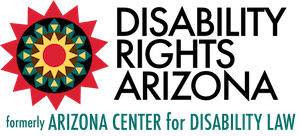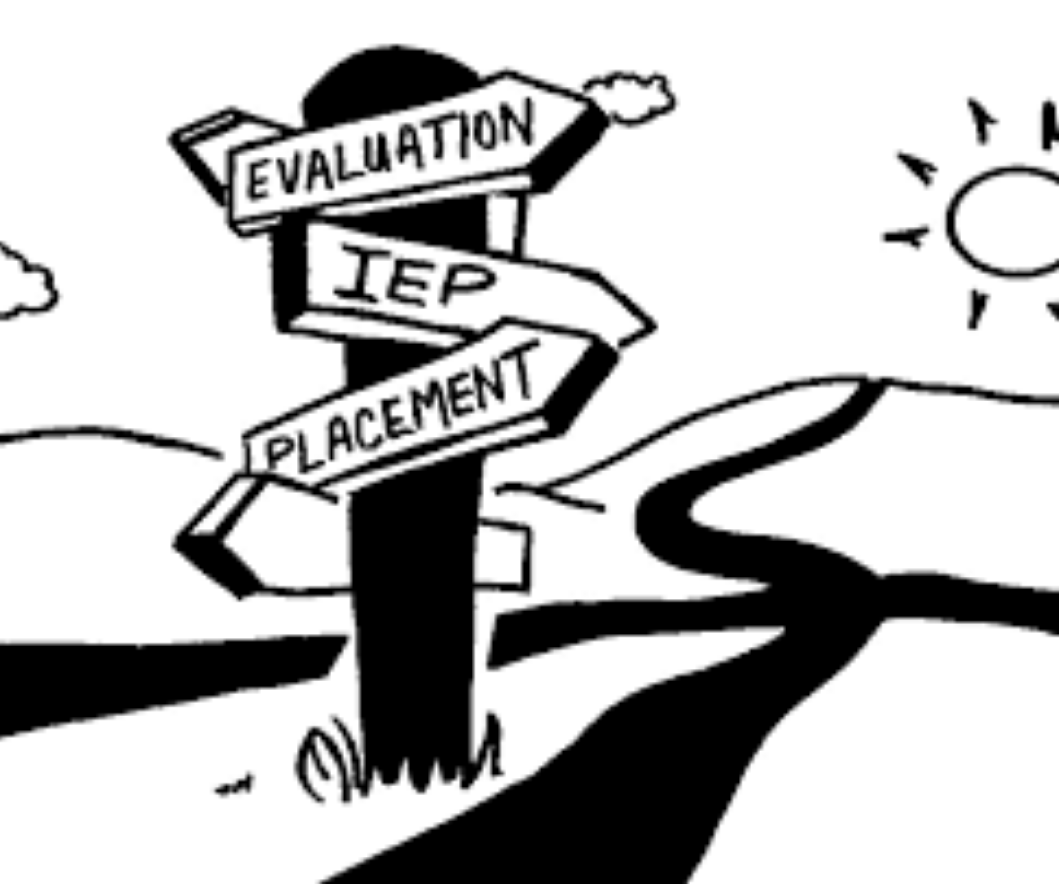By Amanda Glass, Equal Justice Works Legal Fellow*
Navigating the world of Special Education can be a challenge for anyone, even those experienced with the issue. But for Arizona foster children, that challenge is magnified. Arizona foster children are twice as likely to be eligible for special education, but are less likely to receive that special education due to challenges like lack of school stability. There are serious long-term consequences for these students when they do not receive appropriate educational services. Studies show that fewer than 3% of foster youth will earn a four-year college degree; 20% will become homeless after age 18; and 30% will experience incarceration within two years of leaving foster care.
However, there are two important laws that can help change those statistics: the Individuals with Disabilities Education Act (IDEA) and Section 504 of the Rehabilitation Act (Section 504). Key to using these statutes to improve outcomes for Arizona foster youth with disabilities is identifying an “authorized adult” to make special education decisions for the child. An authorized adult can consent to special education evaluations and the implementation of special education services. Without a special education “parent”, there can be no Individualized Education Program (IEP), Individualized Family Service Plan (IFSP), or 504 Plan.
Who Is a “Parent” Under the IDEA?
The IDEA regulations state:
“Parent means — (1) A biological or adoptive parent of a child; (2) A foster parent; (3) A guardian generally authorized to act as the child’s parent, or authorized to make educational decisions for the child (but not the State if the child is a ward of the State); (4) An individual acting in the place of a biological or adoptive parent (including a grandparent, stepparent, or other relative) with whom the child lives, or an individual who is legally responsible for the child’s welfare; or (5) A surrogate parent.”
Usually, the child’s biological or adoptive parent has the right to make educational decisions. In the United States, a parent’s right to direct the education and upbringing of his or her child is strongly protected. Even when a child is removed from the physical custody of a parent, the parent keeps the right to make educational decisions, unless a juvenile court terminates their parental rights. This is true whether a child is in the custody of a relative (kinship placement), foster parent, or in a group setting. It is also true if the parent has stable housing in the community, is homeless, is incarcerated, or is hospitalized.
Who Is a “Parent” When the Biological or Adoptive Parent Is Not the IDEA “Parent”?
Sometimes, the biological or adoptive parent may not be the special education parent. The school district—or other public education agency—is responsible for designating the special education parent. A foster parent, guardian, kinship placement, or surrogate parent may serve as the special education parent in any of the following situations:
- The school district makes reasonable efforts but cannot identify or find the biological/adoptive parents.
- The biological/adoptive parents’ rights have been terminated.
- The biological/adoptive parent fails to respond to special education notices from the child’s school, does not come to special education meetings, or tells the school or the Department of Child Safety (DCS) they are not interested in making educational decisions for the child.
- The court grants a DCS petition to terminate the biological/adoptive parents’ right to make these decisions because the agency or the school district believe it is not in the child’s best interest.
If the biological/adoptive parent cannot serve as the special education parent, the school district must appoint a replacement individual from those listed in the IDEA regulations. DCS ranks their preference for special education parent (from highest to lowest) as follows:
- a court appointed guardian,
- then a kinship caregiver or licensed foster parent,
- then a surrogate parent.
A surrogate parent is only appointed if there is no qualifying individual willing to serve in the role of special education parent. In that case, the school district must make reasonable efforts to appoint a surrogate within 30 days. Surrogate parents may be volunteers, Court Appointed Special Advocates (CASAs), or non-custodial family members. A surrogate parent cannot be a person who is an employee of an education or child welfare agency who could have a conflict of interest.
Who Is a “Parent” Under Section 504?
Section 504 of the Rehabilitation Act is a Federal law that prohibits disability discrimination by recipients of Federal financial assistance, including all publicly funded schools. All qualified elementary and secondary public school students who meet the definition of an individual with a disability under Section 504 are entitled to receive regular or special education and related aids and services designed to meet their individual needs, delivered under what is commonly called a “504 Plan”.
The U.S. Department of Education’s Office for Civil Rights, which enforces non-discrimination in publicly funded schools, has issued guidance stating that informed parental consent is required for an initial evaluation and urging schools to allow for parental participation when considering changes to a 504 plan.
There is no formal guidance from the Office for Civil Rights as to how to proceed under Section 504 in cases where a biological or adoptive parent does not hold educational rights as to a child. However, in practice, the same individual who would be the special education parent under IDEA is generally considered the special education parent for purposes of Section 504.
If you are the IDEA or 504 parent of a student involved with the Department of Child Safety and are having problems with special education, you may be able to get free legal help from ACDL. To get help, call toll free at 1-800-927-2260, locally at 602-274-6287, or visit our website at www.azdisabilitylaw.org and fill out our intake form.
*Amanda Glass is an Equal Justice Works Legal Fellow at the Arizona Center for Disability Law. Before attending law school, Amanda earned her master’s degree in special education and spent two years as an elementary school special education teacher in Los Angeles through Teach for America. During law school, Amanda spent a summer interning at the Arizona Center for Disability Law, where she had the chance to work with staff to provide advocacy and legal services to Arizonans with disabilities. In addition, Amanda has completed legal internships with the American Civil Liberties Union of Arizona, the Bazelon Center for Mental Health Law in Washington, D.C., and the Disability Rights Section of the U.S. Department of Justice in Washington, D.C.
Amanda graduated from the Sandra Day O’Connor College of Law at Arizona State University in May 2018, and joined ACDL in September 2018. With support from her sponsor, Greenberg Traurig, LLP, Amanda is working with ACDL to improve access to special education and mental health services for children in Arizona’s foster care system through direct client services, community trainings, systemic advocacy, and collaboration with other Arizona organizations.


0 Comments